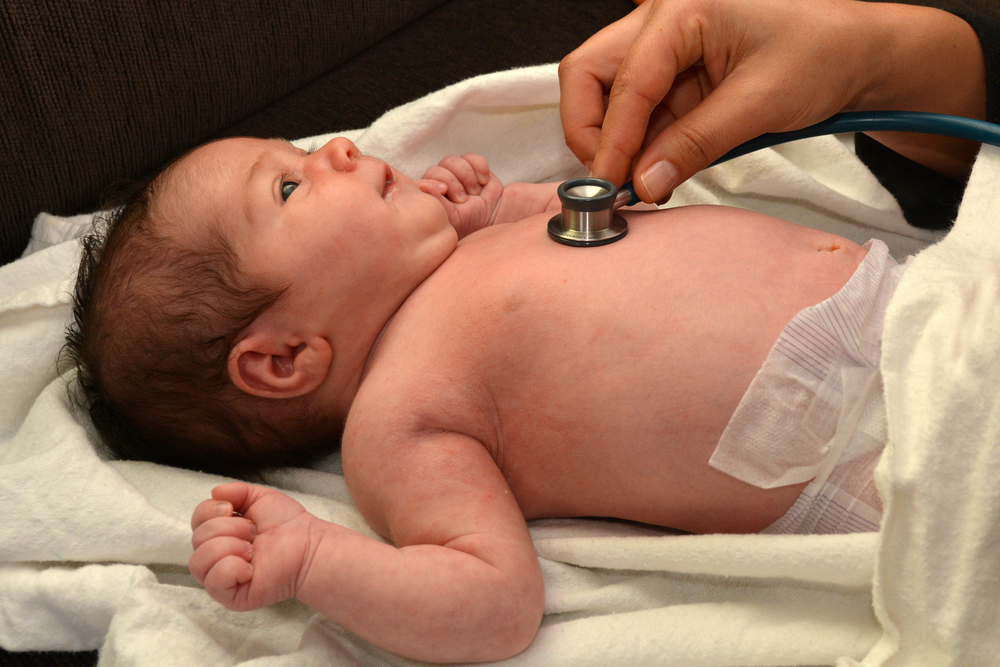#MSParis2017 – MS Therapy Aubagio Does Not Appear to Cause Birth Defects, Study Reports
Written by |

Sanofi Genzyme’s multiple sclerosis therapy Aubagio (teriflunomide) does not appear to cause birth defects in humans as it does in laboratory animals, researchers concluded after studying more than 100 pregnant women with MS.
Their research indicated that birth-defect findings in rats and rabbits do not translate to humans.
The team presented its report, “Pregnancy outcomes in patients with MS treated with teriflunomide: clinical study and post-marketing data,” at the 7th Joint ECTRIMS-ACTRIMS Meeting in Paris today. The conference started Oct. 25 and runs through Oct. 28.
Researchers have discovered birth defects in rats and rabbits used to test Aubagio’s toxicity. With this in mind, scientists conducting clinical trials of Aubagio urged women who were participating to use contraceptives so they didn’t become pregnant. But some did.
An initial finding of the trials was that babies born to Aubagio-treated women did not have more birth defects than other newborns. But with more results coming in, researchers decided to do an expanded analysis that included women outside the trials.
The team focused on cases that were not included in pregnancy registries. These are lists of women who become pregnant while taking a drug.
Researchers identified 69 women who became pregnant while treated with Aubagio in clinical trials, and 171 who took it outside of trials.
They were able to learn the outcomes of 138 of the women’s pregnancies. Seventy-seven did not give birth. Forty-eight decided to have an abortion, and 29 miscarried.
In addition, one woman had an ectopic pregnancy — in which the fetus starts growing outside the womb — and two had stillborn children.
The remaining 58 pregnancies led to the birth of a living children. Three were born with defects. One had narrowed urinary ducts. One had hydrocephalus, or a cerebrospinal fluid accumulation in the brain. And one had a lymph system system.
None of the women who opted for an abortion had any fetus malformations.
All women in the trials stopped taking Aubagio, and 77 percent used a procedure to clear it from their body more rapidly. Seventy-five percent of the women taking Aubadio outside of trials also stopped taking it, and 59 percent of them opted to quickly remove the drug from their system.
Among pregnancies that led to live or stillbirths, two fetuses were exposed to Aubagio during the second trimester of pregnancy. The remaining women were exposed to it either before they conceived or during their first trimester.
The outcomes were similar to those seen in the general population or in other groups of MS patients, researchers said. This suggested that Aubagio does not increase the risk of birth defects in humans.
Researchers underscored the need for continued monitoring of pregnancy outcomes in this group, with pregnancy registries playing an important role.


